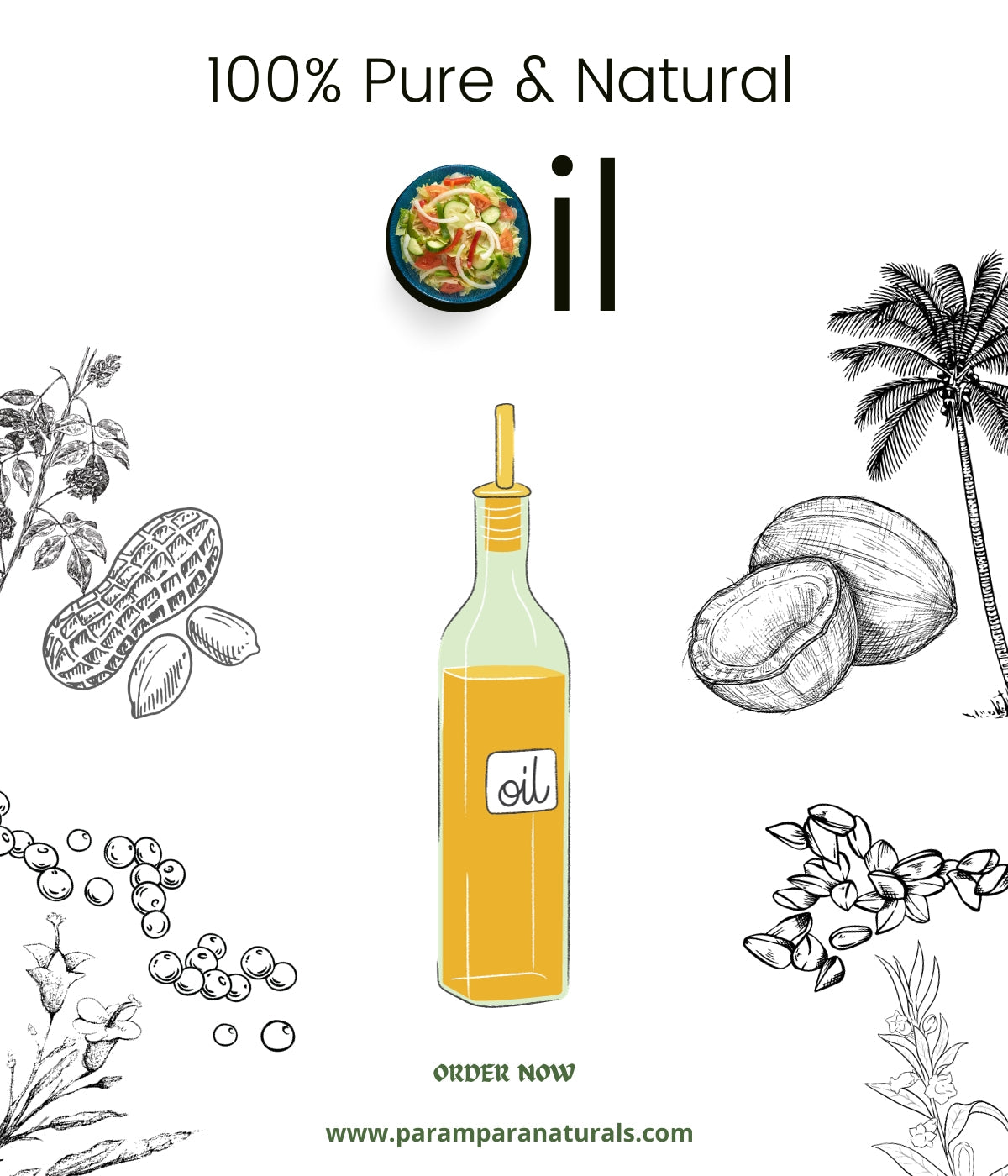In the modern pursuit of health and wellness, people are beginning to rediscover the wisdom of ancient traditions. One such powerful tradition is the wooden press oil extraction technique, also known in India as Lakdi Ghani. This slow, natural method of extracting oil from seeds not only preserves nutrients but also reconnects us with our ancestral way of life—pure, mindful, and in harmony with nature.
A Legacy of Over a Thousand Years
The wooden press oil technique has been used in India for over 1000 years. Ancient Ayurvedic texts and village oral histories talk about “ghani oil” being the preferred method of oil extraction—long before machines and chemicals took over. This method was used across rural India where wooden or stone mills, rotated by bulls or manual effort, gently crushed oilseeds to produce nutrient-rich oil without heat or additives.
Evolution Over the Last 4–5 Centuries (Until 2025)
Over the last 400–500 years, the wooden press method has seen gradual adaptation. While the fundamental principle of slow, cold extraction has remained constant, the materials and techniques have evolved:
- 17th–19th Century: Bullock-driven wooden presses (Ghanis) were common.
- 20th Century: Mechanized versions began appearing, but many retained the wooden core to preserve oil quality.
- 21st Century (Today): Small-scale wooden press units now use electric motors to mimic the slow grinding motion without increasing heat, maintaining the purity and nutritional value of the oils.
This evolution respects the tradition while adapting it to contemporary needs for hygiene, efficiency, and scale.
Why It’s Considered the Best
Wooden press oil extraction is revered for a reason:
- Cold Extraction: The process does not heat the seeds, preserving vitamins, minerals, and natural antioxidants.
- No Chemicals: Unlike refined oils, no solvents or preservatives are used.
- Better Taste and Aroma: Naturally extracted oils retain their distinct aroma and flavor, enhancing food taste.
- Rich in Nutrients: Retains Vitamin E, polyphenols, and essential fatty acids often lost in refined oils.
- Eco-Friendly: Low energy consumption and waste make it a sustainable practice.
Oils That Can Be Extracted with Wooden Press
This method works best with high-fat content seeds and nuts. Some common oils extracted using this technique include:
- Groundnut Oil
- Mustard Oil
- Sesame Oil
- Coconut Oil
- Flaxseed Oil
- Safflower and Sunflower Oil (in smaller quantities)
Each of these oils carries its unique health benefits, enhanced by the gentle extraction process.
The Future of Wooden Press Oils
The global shift toward clean eating, organic living, and sustainability is bringing the wooden press method back into the spotlight. Consumers today are more informed, and many are rejecting heavily processed foods in favor of authentic, traditional methods. With increasing interest from urban and health-conscious communities, the demand for wooden press oils is only expected to grow.
Government initiatives, health experts, and Ayurvedic practitioners are also encouraging the revival of this ancient art for a healthier future.
Cost Comparison: Why Traditional Oils Are Pricier, But Worth It
Naturally extracted oils are often more expensive than refined ones. This is not because of luxury branding, but due to the real economics of traditional processing:
| Oil Seed | Oil Percentage in seed / nut |
Oil Yield % in wooden ghani |
Seed Cost (INR/kg) | Total Seeds for 1L Oil (kg) | Approx. Oil Cost/L (INR) | Refined Oil Price/L (INR) |
| Groundnut | 45% | 35-40% | ₹ 100 | ~2.8 kg | ₹ 300.0 | ₹180–200 |
| Mustard | 35% | 28–32% | ₹ 80 | ~3.57 kg | ₹ 320.0 | ₹150–200 |
| Sesame | 40% | 35% | ₹ 150 | ~2.8 kg | ₹ 525.0 | ₹250-300 |
| Flaxseed | 35% | 28–32% | ₹ 95 | ~3.2 kg | ₹ 550.0 | ₹300–400 |
| Coconut | 60% | 50-55% | ₹ 250 | ~2 kg | ₹ 600 | ₹300–350 |
💡 Note: The wooden press method yields less oil but with superior quality—free of trans fats, solvents, and artificial colors.
Returning to wooden press oil isn't just a nod to nostalgia—it's a step toward better health, cleaner food, and sustainable living.
At Parampara Naturals, we honor this age-old technique and bring you oils the way nature intended—unprocessed, unrefined, and full of life.
It’s time to take a step back—to move forward with wellness.


